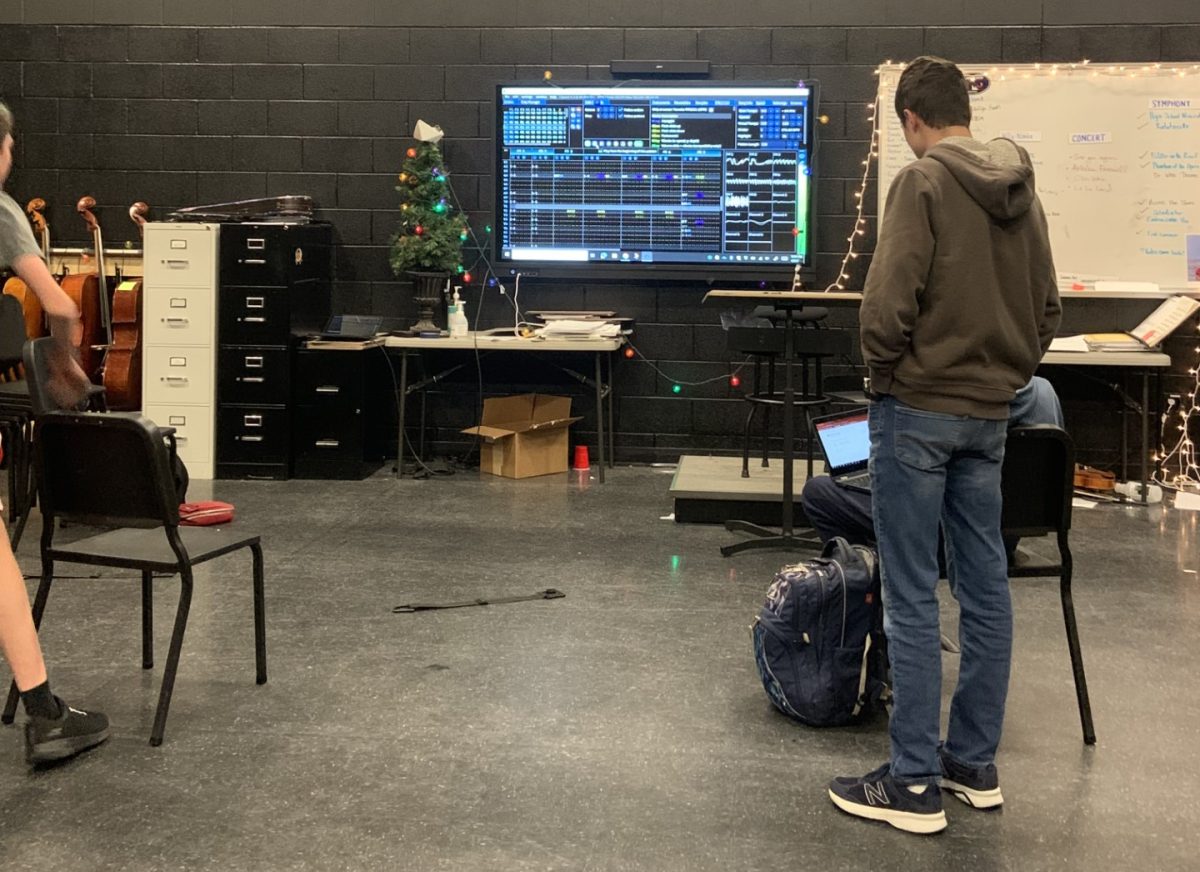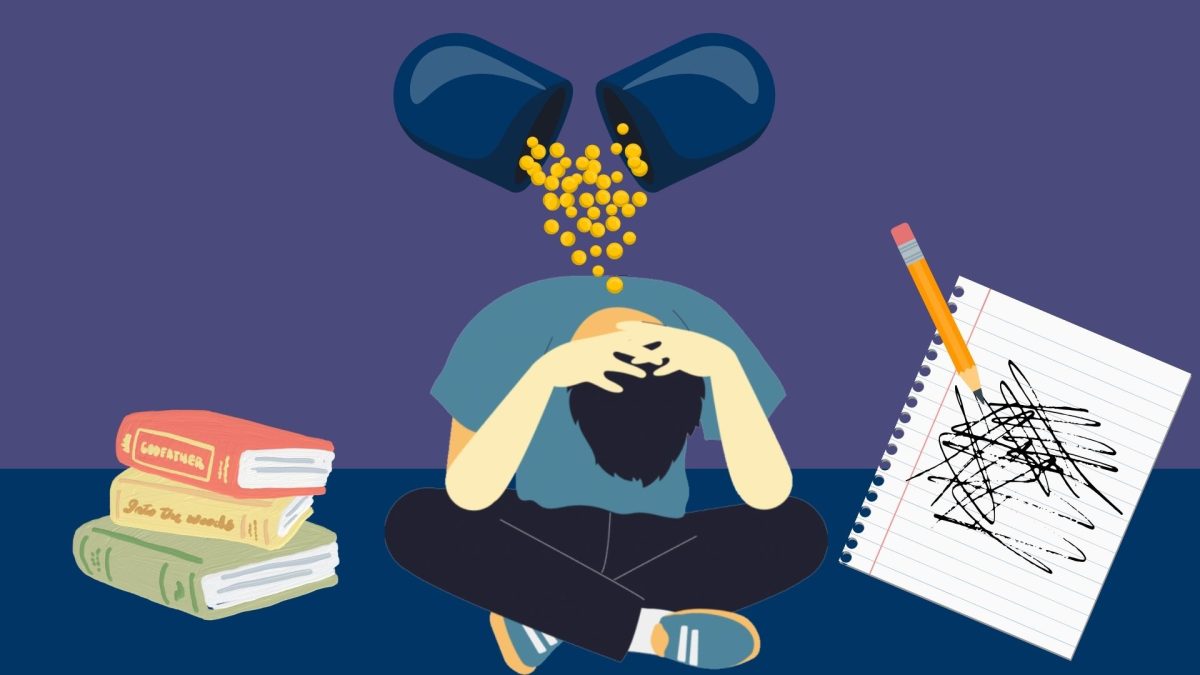You are sitting in front of a blank document, yet again. It is 11 p.m. and this English paper is due tomorrow. Your mind is filled with thoughts like, “Why on Earth did I put this off again? What was I thinking?” You have no clue what you are going to do, or how you are going to finish this paper.
If this sounds at all familiar, you may be guilty of procrastination. According to the American Psychological Association, more than 70 percent of students exhibit this behavior. In addition, according to Psychology Today, there are two types of procrastination. Type one is resistant procrastination when delay results in putting off the task until the very last minute. Type two is refusal procrastination, which is when the work never gets done. Type one procrastination is the most common in high school students. “I [procrastinate] because I am a last minute person and do not like to do my homework,” senior Natalia Suarez said.
A student’s reasons for procrastinating range from lack of interest to a desire to participate in a different activity. “I continue to procrastinate because it is easier than school, and it requires less work,” freshman Maria Passantino said.
Procrastinating can be as basic as leaving it for the night before, or to not completing the task at all. Many students find that in the moment it is easier to lounge and watch the next episode on the Netflix queue. However, when they arrive to the point in which they are expected to have something done, most students find that in reality it is not as easy as expected. When asked about the consequences of procrastination, Passantino said, “It has an overall negative impact on my grades and mental health.”
Most procrastinators believe that the sole cause of their problem is instant gratification; however, some researches find that the true cause may be something else. “Essentially, procrastinators have less confidence in themselves, less expectancy that they can actually complete a task,” University of Calgary professor and the author of The Procrastination Equation, Piers Steel said. Studies show that procrastinators may be worried about their skills not being up to par, ironically resulting in the task becoming less than great in the end anyway.
Other scientists believe that it breaks down to the development of the brain. “Aside from the cliché that students are more impulsive, in your early 20s you are still developing your prefrontal cortex, home of the will power,” Steel said. This part of the brain contributes to decision making, attention span, impulse control and cognitive behavior. Many scientists firmly believe that because that part of the brain has not developed all the way yet, students are unable to make smart decisions about assignments and tasks. Therefore, the work does not get done.
According to a study conducted in public schools in Atlanta, only 38 percent of students said that adaptability was one of their strongest strengths. This study also concluded that, in general, high school students are focused on the future but are not sure how to get there and are overwhelmed with possibilities and responsibilities. All in all, students want to precede to success but are not entirely good at focus those passions into their everyday tasks. “I enjoy not doing [homework], and sleeping instead,” junior Rachel Tovar said. The study also found that zero percent of students list organization as a strength. They defined this as an arranger and described an arranger as, “people who like to determine how all of the pieces and resources can be arranged for maximum productivity.” This means that students believe they can be adaptable but in the long term cannot plan accordingly. “The pro [of procrastinating] is not having to do the work, but the con is I get yelled at,” sophomore Nathan Chapman said.
“I try to convince myself not to [procrastinate], but it never works,” Chapman said. In order to stop the cycle of putting off tasks, professionals suggest a few steps. Set a schedule for yourself, treat yourself when you complete a task and put away all possible distractions. “I do my homework the first night I get it, or I reward myself for completing it with candy or something similar,” Tovar said.
Procrastination does not stop in high school. Researchers have estimated that 80 to 95 percent of college students procrastinate, with as many as 50 percent doing it regularly. According to the American Psychological Association, a total of 95 percent of Americans procrastinate whether at work or in other everyday tasks. It can also have the potential to lead to more serious consequences than being in trouble with parents, or a bad grade in chemistry. Studies show that regular procrastination leads to stress, which can lead to health problems down the line. “When I do procrastinate, I stress out which always results in me getting sick,” senior Rachel French said.














